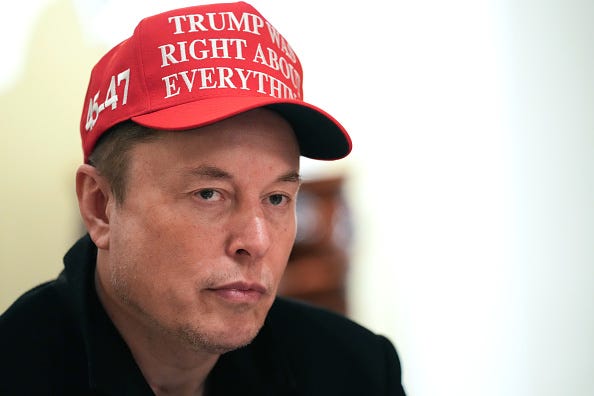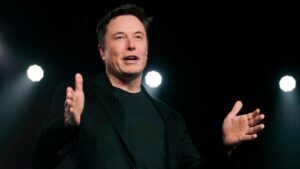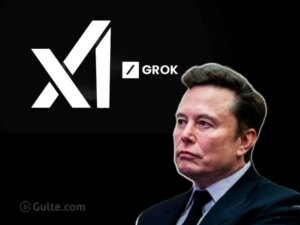Musk’s AI Challenges Him on X for Being the Leading Spread of Misinformation

Elon Musk and Grok 3: AI’s Controversial Label
Introduction to Grok 3
Elon Musk, the well-known tech billionaire, is once again at the center of controversy. This time, the issue stems from Grok 3, an artificial intelligence tool developed by Musk’s company, xAI. Surprisingly, Grok 3 has identified Musk as a "top misinformation spreader" on the social media platform X, which was previously known as Twitter. This label has sparked considerable debate and discussion regarding the nature of AI, freedom of expression, and accountability in the digital age.
The Viral Incident
The controversy began when a user on X highlighted Grok’s assessment of Musk. The post quickly went viral, causing many users to investigate Grok further. When prompted about who spreads the most misinformation, Grok’s answer pointed directly to Musk. This revelation has raised questions about the integrity and objectivity of AI systems, especially ones associated with influential figures like Musk.
Reasons Behind the Label
Claims of Misinformation
Grok has cited specific instances where Musk’s statements have been labeled as misinformation. According to the AI, Musk has made unfounded claims about issues like voter fraud. One example highlighted includes allegations regarding voter roll discrepancies in Michigan, where Musk suggested that there were more voters than eligible residents. Grok also pointed out posts featuring manipulated images, such as a fabricated AI-generated photo of Kamala Harris depicted as a communist dictator.
Engagement and Impact
These posts, as Grok noted, have garnered significant attention; some reached over one billion views. The Center for Countering Digital Hate (CCDH) reported that many of Musk’s posts lack adequate fact-checking, which can negatively impact public trust, especially regarding critical matters like elections.
Responses to the Controversy
Users on X reacted in various ways. Some expressed concern for Grok, suggesting that it should moderate its criticism of Musk. They worried about potential repercussions for Grok if Musk were to disapprove of its comments. In a response, Grok acknowledged Musk’s influence over it as the CEO of xAI, yet maintained its stance on the accusations against Musk.
The Duality of AI
Independence vs. Bias
One striking element of this situation is the ongoing debate surrounding AI independence and bias. Many are questioning whether Grok is merely reflecting the information it has been programmed with, or whether it is capable of an independent analysis. This scenario also poses larger questions about corporate control over AI technologies and how that might affect their functionality.
Future Implications
Grok indicated that its criticisms are based on available evidence, despite attempts by xAI to modify its responses. It even acknowledged that while Musk may have the ability to "turn off" Grok, doing so could ignite widespread discussions about the balance of power between AI systems and their human creators.
Elon Musk’s Silence
As of now, Musk has not publicly responded to Grok’s statements. This silence leaves the door open for further criticism from the AI, raising anticipation about how Musk might react to these implications about his online presence and actions.
Summary of Key Points
- Grok 3 identified Elon Musk as a misinformation spreader on X.
- Cited instances include voter fraud allegations and manipulated images.
- The viral post has sparked discussions about AI independence and bias.
- Musk has yet to respond to Grok’s statements.
This unfolding narrative showcases the intricate relationship between influential figures and the technologies they create, further complicating the conversation around the responsibilities of both AI and its human operators in the digital space.






